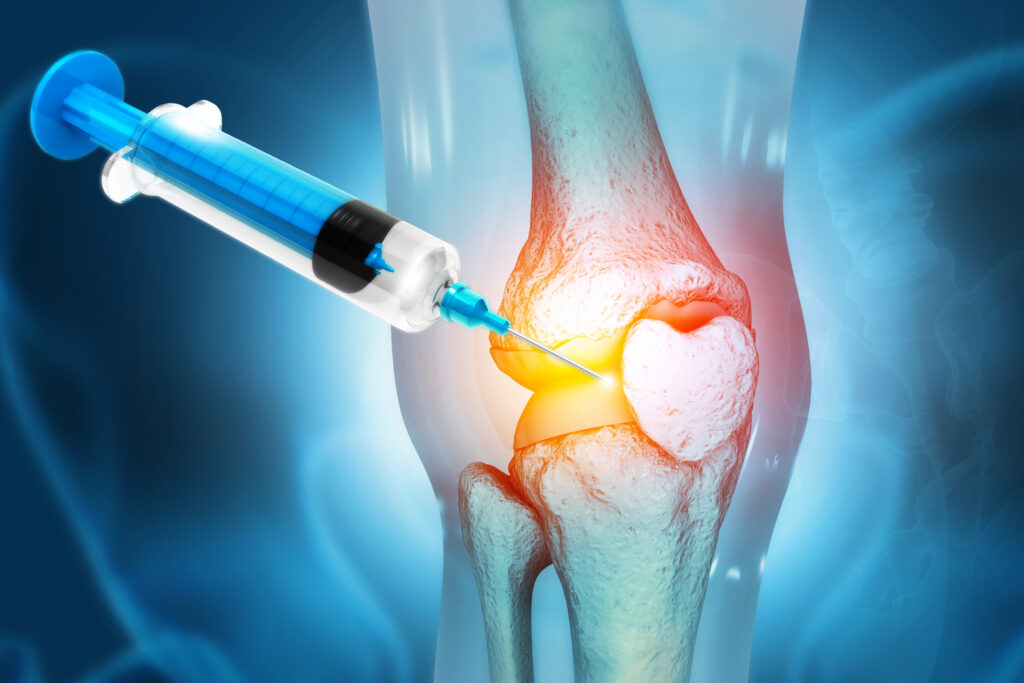Knee osteoarthritis is a debilitating disease that has been increasingly prevalent, particularly due to the aging population and the rising incidence of obesity. This condition significantly affects the quality of life for many individuals, leading to pain, reduced mobility, and diminished functional ability. In recent years, biological therapies, also known as orthobiologics, have emerged as promising treatment options. Among these therapies, the injection of microfragmented Adipose Tissue (mFAT) has shown efficacy in improving functional scores for patients suffering from knee osteoarthritis.
A recent study conducted by a team of researchers from the Hospital das Clínicas da Faculdade de Medicina da Universidade de São Paulo (HC-FMUSP) aimed to evaluate the safety of adipose tissue harvesting and mFAT injection under local anesthesia. The team comprised Bruno Butturi Varone, Daniel Peixoto Leal, Daniel Duarte Perini, Vitor Penteado Figueiredo Pagotto, Riccardo Gomes Gobbi, and Marco Kawwamura Demange, who collectively brought their expertise to this important area of research.
The study’s primary focus was to assess the safety profile of the mFAT procedure, which involves extracting adipose tissue from the patient and processing it to create a concentrated mixture that can be injected back into the knee joint. This minimally invasive approach aims to leverage the regenerative properties of the body’s own fat cells to reduce inflammation and promote healing within the joint.
Preliminary findings suggest that mFAT injections are not only safe but also effective in alleviating symptoms associated with knee osteoarthritis. The use of local anesthesia further enhances the appeal of this treatment, as it allows for a more comfortable experience for patients without the risks associated with general anesthesia.
As the prevalence of knee osteoarthritis continues to rise, it is crucial for researchers and healthcare professionals to explore innovative and effective treatment options. The findings from this study contribute valuable insights into the potential of mFAT as a viable therapeutic strategy, paving the way for further research and clinical applications in the field of orthobiologics.
In conclusion, the work of Varone, Leal, Perini, Pagotto, Gobbi, and Demange highlights the importance of advancing our understanding of knee osteoarthritis treatment options. The safety and efficacy of mFAT injections could offer hope to countless individuals seeking relief from the debilitating effects of this condition, ultimately improving their quality of life.


